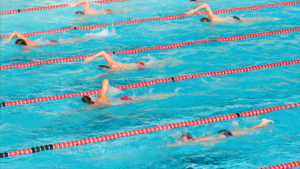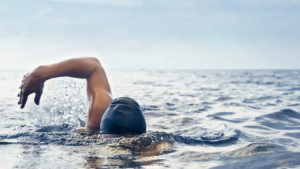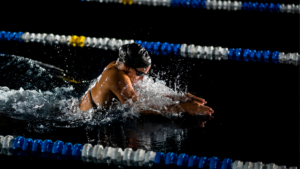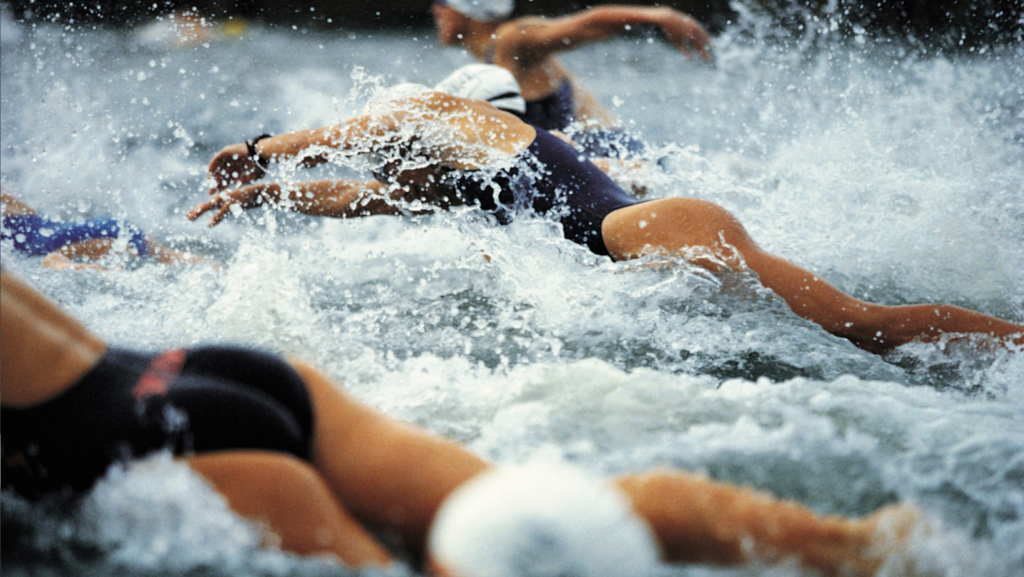Endurance swimming isn’t just about speed; it’s about stamina, technique, and mental fortitude. Whether you’re training for a triathlon or just looking to improve your long-distance swimming, mastering the art of endurance can make all the difference. From perfecting your stroke to maintaining your energy levels, there are key strategies that can help you stay strong and efficient in the water.
In this article, we’ll dive into essential tips that can boost your endurance and make those long swims feel more manageable. Get ready to transform your swimming routine and push your limits like never before.
Tips For Endurance Swimming
Endurance swimming focuses on maintaining a consistent pace over long distances. It requires a combination of physical stamina, efficient technique, and mental fortitude. Swimmers often train for months to improve aerobic capacity, cardiovascular health, and muscular endurance. Incorporating interval training can enhance the body’s ability to sustain effort over time. Proper nutrition and hydration play crucial roles in maintaining energy levels during prolonged swims. Mastery of breathing techniques helps maintain oxygen levels, reducing fatigue. Understanding the balance between speed and endurance is key to excelling in long-distance swimming.
Preparing for Endurance Swimming
Proper preparation is essential for endurance swimming. Start with a structured training plan, incorporating both aerobic and anaerobic exercises. Swimmers should focus on gradually increasing the distance and intensity of their workouts over time.
Effective nutrition is crucial. A diet rich in carbohydrates, lean proteins, and healthy fats fuels long swims. Hydration also plays a critical role, so drink water regularly during training.

Breathing techniques are key for endurance. Practicing bilateral breathing can enhance oxygen intake and improve balance in the water. Additionally, strength training, such as core exercises, helps build muscular endurance.
Ensuring adequate rest and recovery, including regular sleep patterns and active rest days, minimizes injury risks and enhances performance.
Techniques to Improve Endurance
Interval Training
Interval training boosts stamina by alternating high-intensity bursts with recovery periods. Swimmers should incorporate intervals of fast-paced swimming followed by slower, recovery laps. This helps increase cardiovascular endurance.
Pacing
Maintaining a consistent pacing strategy is crucial. Swimmers must practice regulating their speed to avoid early fatigue. Using tools like pacing watches or following pre-set lap times aids in developing this skill.
Breathing Techniques

Effective breathing techniques enhance endurance. Practicing bilateral breathing helps balance strokes and oxygen intake. Regularly performing breath control drills increases lung capacity and reduces fatigue.
Proper Nutrition
Fueling the body with the right nutrients supports prolonged swimming. Swimmers should focus on a balanced diet rich in carbohydrates, proteins, and fats. Consistent hydration is also essential for sustained performance.
Strength Training
Incorporating strength training into regular workouts builds muscular endurance. Core exercises, such as planks and Russian twists, enhance stability and stroke efficiency. Regular strength training sessions contribute to overall endurance improvement.
Nutrition and Hydration Strategies
Effective nutrition and hydration sustain performance during endurance swimming. Amateur and professional swimmers benefit from consuming carbohydrates, lean proteins, and healthy fats. Carbohydrates replenish glycogen stores, while proteins repair muscle tissues, and fats provide a long-lasting energy source.
Hydration is equally critical. Swimmers should drink water before, during, and after sessions. Electrolyte solutions can prevent cramps and dehydration, especially in saltwater. Tracking fluid intake ensures consistency. Swimmers lacking proper hydration might experience diminished performance and increased fatigue, hindering overall stamina.
Regular meal timing, including pre- and post-swim snacks, helps maintain energy levels, optimize recovery, and enhance endurance.
Mental Strategies for Endurance

Mental strength bolsters endurance during long swims. Visualization helps swimmers imagine achieving goals, boosting motivation. Positive self-talk replaces doubt with confidence, maintaining focus. Setting incremental goals breaks long distances into manageable segments, reducing psychological strain. Mindfulness keeps swimmers present, avoiding mental fatigue. Meditation practices enhance stress management, leading to better performance under pressure. Mental resilience, developed through consistent practice, ensures swimmers push through barriers. Regularly implementing these strategies builds a strong mental foundation, essential for sustained endurance.
Common Mistakes to Avoid
Endurance swimming demands a blend of physical and mental fortitude, but common mistakes can hinder progress. Overtraining without adequate rest can lead to injuries and burnout. Neglecting proper nutrition and hydration compromises energy levels and performance. Swimmers often underestimate the importance of technique, leading to inefficient strokes and increased fatigue. Ignoring mental preparation can also result in decreased motivation and focus during long swims. By avoiding these pitfalls and adhering to a structured training plan, swimmers can significantly enhance their endurance and achieve their long-distance swimming goals.

